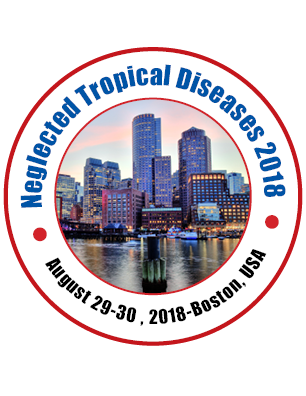
Pietro Mastroeni
University of Cambridge
UK
Biography
Pietro Mastroeni received a Degree in Medicine and Surgery from the University of Messina, Italy. He moved to the University of Cambridge, UK where he completed his Ph.D before becoming a Research Fellow at Imperial College, University of London UK. He is currently a Reader in Infection and Immunity at the University of Cambridge. He has published more than 100 papers in reputed journals and serves as an editorial board member.
Research Interest
Recent research in his group is focused on the study of pathogenesis and immunity to bacterial infections and on the improvement of strategies to deliver vaccines to the immune system. They concurrently run a number of multidisciplinary integrated research projects. Their past research has defined the role of cytokine networks, antibodies, phagocytes, B-cells and T-cell in host resistance to bacterial infections and has unravelled many bacterial virulence genes that counteract the immune system. This work is still evolving and has already contributed to the generation of new vaccine candidates. Recently, they are focused on understanding how individual bacteria interact with host cells in vivo and how subpopulations of microbes spread and distribute in the body. This has been achieved by novel multidisciplinary research approaches that integrate information acquired at different levels spanning from individual cells to global systems. This work has opened the possibility to comprehensively study the mechanistic bases of immune control of bacterial infections, thus opening the field to novel high impact research on improved prevention measures and medical treatments to fight infection. And currently, also delving into the interactions between the host and bacterial genome highlighting which bacterial genes play a role in counteracting specific host mechanisms. This research will lead to the identification of novel targets for vaccines and drug development. We are also exploring other new areas within infection such as the interplay between microbes and autoimmune diseases and the possibility to use recombinant bacteria as anti-cancer agents. This research may have translational outcomes in the generation of tools to modulate the course of autoimmune diseases and to destroy cancer cells in vivo. Another crucial line of research that we are actively pursuing deals with the understanding of how different cellular population and cell-surface receptors co-operate for the initiation and expansion of immune responses. This research is providing clues on what is required from bacterial vaccines to be effective and is guiding the development and testing of new vaccine preparations in human and domestic animals.

